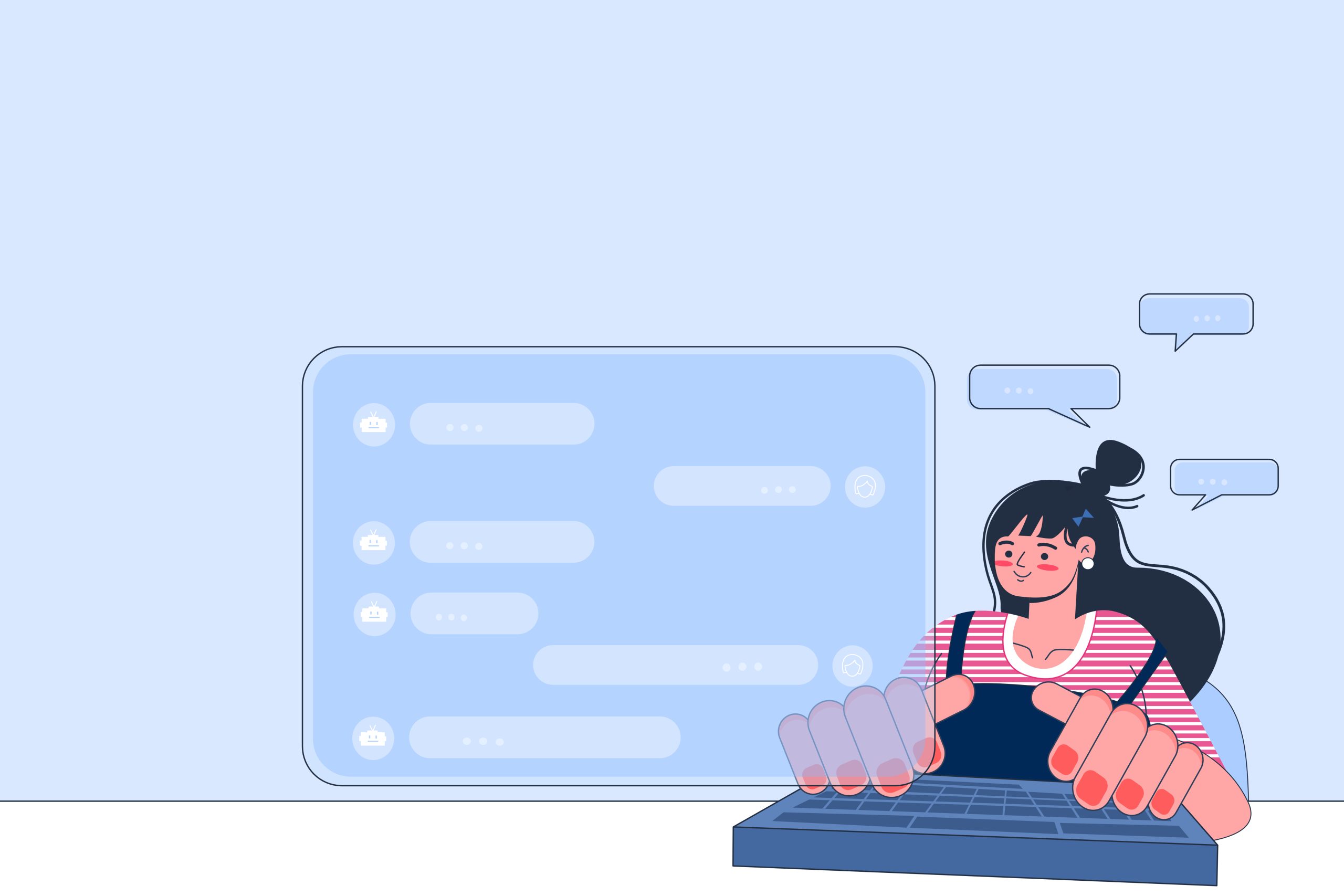- cross-posted to:
- szkolna@szmer.info
- cross-posted to:
- szkolna@szmer.info
Does AI actually help students learn? A recent experiment in a high school provides a cautionary tale.
Researchers at the University of Pennsylvania found that Turkish high school students who had access to ChatGPT while doing practice math problems did worse on a math test compared with students who didn’t have access to ChatGPT. Those with ChatGPT solved 48 percent more of the practice problems correctly, but they ultimately scored 17 percent worse on a test of the topic that the students were learning.
A third group of students had access to a revised version of ChatGPT that functioned more like a tutor. This chatbot was programmed to provide hints without directly divulging the answer. The students who used it did spectacularly better on the practice problems, solving 127 percent more of them correctly compared with students who did their practice work without any high-tech aids. But on a test afterwards, these AI-tutored students did no better. Students who just did their practice problems the old fashioned way — on their own — matched their test scores.



I’d love to tell you how the hell I got there. My brain exploded I guess. I meant prescribed, in the sense that you’re following the exact script someone laid out before you.
I had a physics class in college where we spent each section working through problems to demonstrate the concepts. You were allowed a page “cheat sheet” to use on the exams, and the exams were pretty much the same problems with the numbers changed. Lots of people got As in that class. Not many learned basic physics.
A lot of people don’t get further than that in math, because they don’t understand the basic building blocks. Plugging numbers into a formula isn’t worthless, and a calculator helps that. But it doesn’t help you once the problem changes a little instead of just the inputs.
That seems like the worst way of making an exam.
In case the cheat sheet were not there, it would at least be testing something (i.e. how many formulae you memorised), albeit useless.
When you let students have a cheat sheet, it is supposed to be obvious that this will be a HOTS (higher order thinking skills) test. Well, maybe for teachers lacking said HOTS, it was not obvious.
Yeah, I’m all for “you don’t have to memorize every formula”, but I would have just provided a generic formula sheet and made people at least get from there to the solutions, even if you did the same basic problems.
It’s hard for me to objectively comment on the difficulty of the material because I’d already had most of the material in high school physics and it was pretty much just basic algebra to get from any of the formulas provided to the solution, but the people following the sheets took the full hour to do the exams that took me 5 minutes without the silly cheat sheet, because they didn’t learn anything in the class.
(Edit: the wild part is that a sizable number of people in the class actually studied, like multiple hours, for that test with the exact same problems we had in class with numbers changed, while also bringing the cheat sheet where they had the full step by step solutions in for the test.)